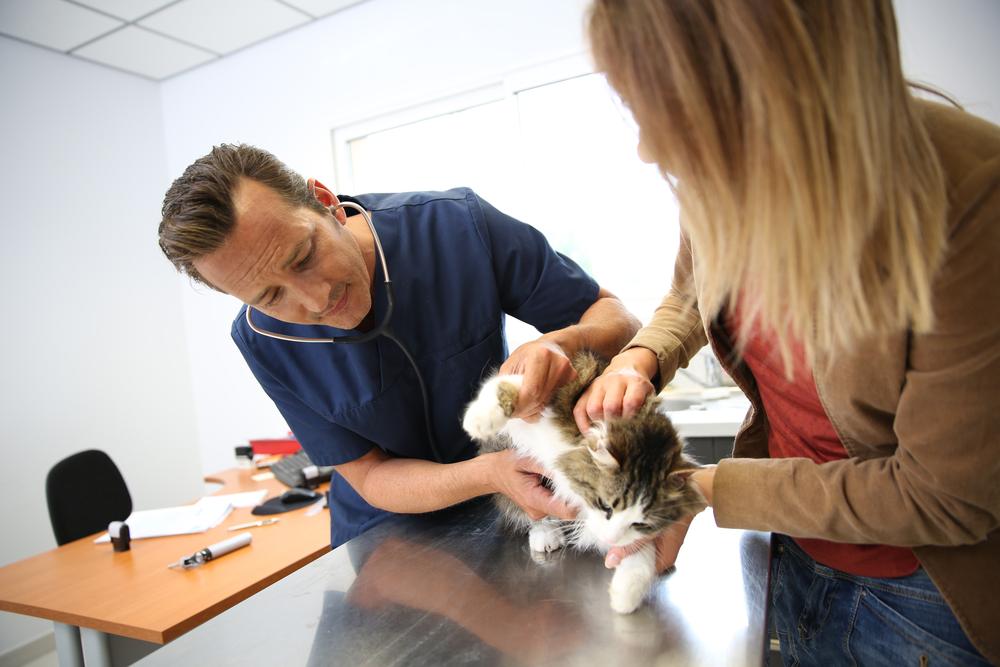
How To Treat Plant-Poisoned Cats
How can you keep your curious cat away from your plants in the house? They will chew on them and some of them could be toxic. The poison could be mild or could be life-threatening for your cat. So if you want to have houseplants, keeping them at heights is not going to help as cats can climb everywhere and they might prove to be toxic. It would be best to identify the plants that can cause harm and avoid them in your house.
Your cat will show symptoms of poisoning if it has chewed on any part of a toxic plant. These symptoms depend on the level of poisoning the plant has caused and could take a few hours to manifest. So, if your cat is listless, inactive, scratchy, thirsty or behaving in an unusual way, watch closely for signs of poisoning.
Check for the symptoms of poisoning
- Your cat will experience symptoms of irritation and inflammation like redness of the eyes, swelling or itchiness of the eyes, skin or mouth due to poisonous irritants in the plants.
- The pupils could be dilated and your cat could have seizures or shivers.
- If the toxin affects a particular organ, symptoms of that organ getting affected can be seen.
- When the stomach or intestines get irritated, your cat will experience severe vomiting and diarrhea.
- Breathing difficulties will be seen if the airways are affected.
- Drooling or difficulty in swallowing shows that the throat or food pipe is affected
- If the kidneys are affected, your cat will constantly be thirsty, drink water excessively and frequently urinate.
Act immediately
- Check for any bits or parts of the plant in your cat’s mouth, skin and hair and remove them.
- Keep your cat confined in a safe place.
- Call the emergency number of your vet or pet poison helpline or animal poison control for immediate help.
- Monitor the symptoms while you wait or take your cat to the vet.
- Identify the plant if possible as it is important for treatment.
- Take the bits from the vomit if you are not sure of the plant.
Treatment
- The best diagnosis can be done when the plant that caused the poisoning is identified. Otherwise, the vet will have to do tests to identify the toxin.
- Tests are done to know the health condition of the cat and to know if a specific organ has been affected.
- The vet will induce vomiting by giving medications to remove the toxins. Medicines will also be given to soothe the damaged stomach.
- Supportive care will be given through anti-inflammatory drugs, anti-nausea medications, painkillers and intravenous fluids.
- Specific treatment will also be given based on the toxin and the health condition of your cat.
Intensive care after treatment
The effects of the ingested poison may take time to be removed completely. Your cat will need prolonged care after the treatment in the form of medicines or diet. Follow the vet’s instructions carefully. Keep your cat indoors and away from plants. Outdoor activities have to be monitored. Look out for signs of improvement in health and report to the vet regarding the diet and routine of your cat. Also, ensure that you choose houseplants that are not toxic for cats.



